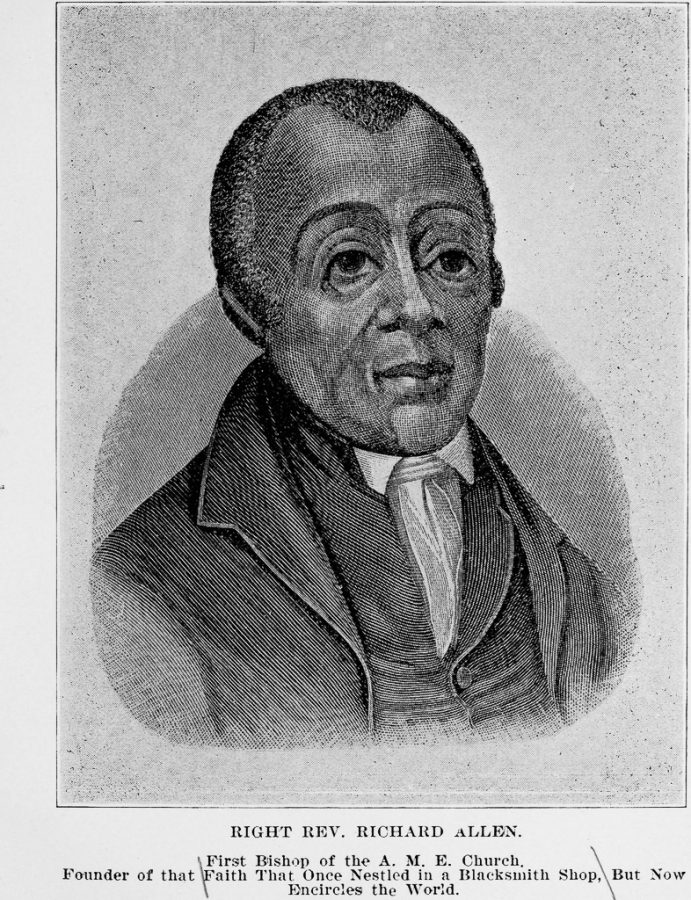Richard Allen received salvation through Christ in 1780, and six years later, he bought his physical salvation from slavery for $2,000.
That same year, he began preaching at St. George’s Church, a racially mixed Methodist congregation in Philadelphia. The church soon became too crowded for the growing congregation, so the leadership elected to build a balcony.
Unfortunately, the black members of the congregation were then forced to sit there, segregated from the rest.
During a prayer one Sunday, deacons forcefully removed Allen, one of their preachers, from the lower section of the church. Before long, Allen and the other African-American members of the congregation left.
After buying a blacksmith shop and moving it to his property, Allen opened Bethel African Church. Because of his roots with Methodism, Allen and his church joined the Methodist conference.
Soon, Methodist leadership attempted to control who preached at Bethel African Church. However, a court ruling declared that the church could decide who would preach in their renovated blacksmith shop.
Gaining courage from Allen’s example, other African Methodist congregations started sprouting in northeastern cities. They too experienced difficulties with the mainline, white Methodist congregation. And so, Allen and these other congregations came together to form the African Methodist Episcopal Church (AME).
This new church elected Allen as bishop, a position he held until his death in 1831. Today, AME still exists as a thriving denomination, and its motto reflects its roots: “God Our Father, Christ Our Redeemer, the Holy Spirit Our Comforter, Humankind Our Family” (www.ame-church.com).

























































